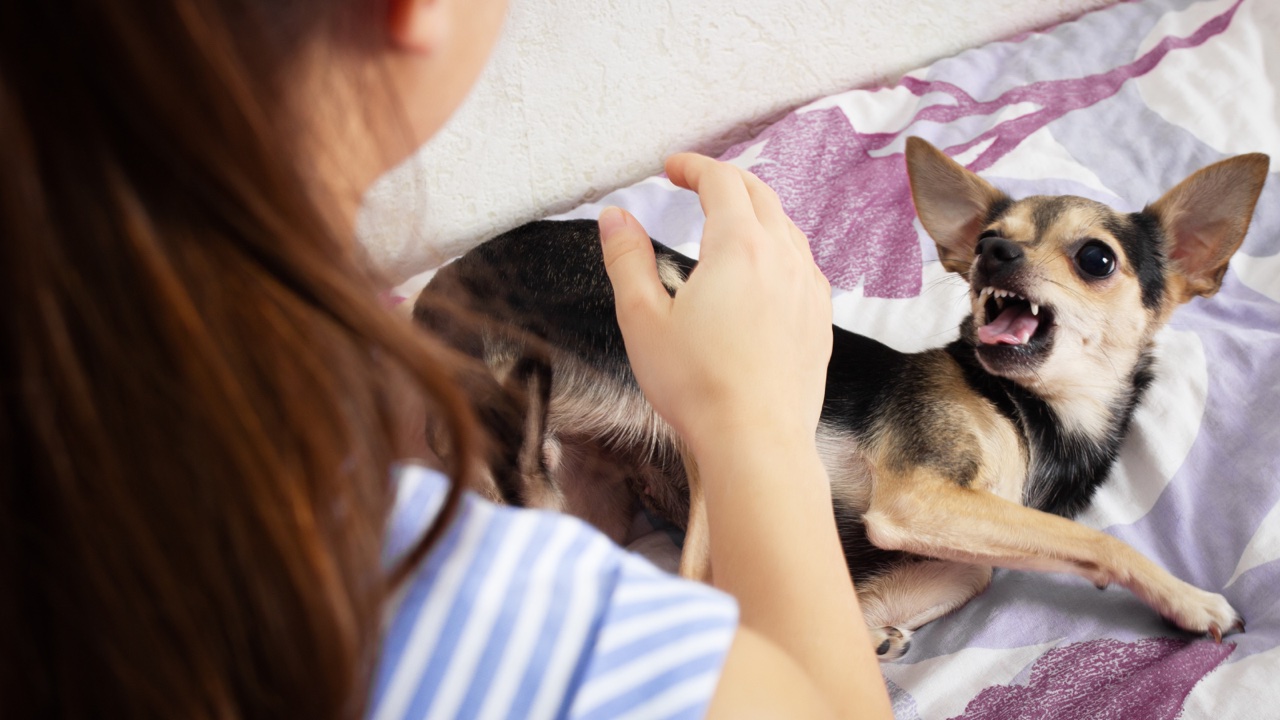Thursday, July 6th, 2023 is World Zoonoses Day. It commemorates July 6th, 1885 when Louis Pasteur administered the first vaccine against Rabies. A zoonotic disease is a disease transmissible between animals and humans. Most people are familiar with Rabies but did you know there are other zoonotic diseases that your pet can share? Leptospirosis is a zoonotic disease found commonly in the central Illinois region.
Leptospirosis is most common in subtropical areas, its incidence will increase after a flood or a season of heavy rainfall. Leptospirosis is an infection of leptrospira bacteria. The primary way humans contract leptospirosis is through stagnant, contaminated water. This bacteria can also live in the urine of infected animals. They are spiral shaped bacteria with a hook on the end. Contact with infected water or urine will allow transmission of the bacteria to the new host. Racoons, opossums, rodents, or livestock can be hosts. Carriers may shed bacteria off and on for years.
Canine patients with a leptospirosis infection may exhibit increased urination, lethargy, vomiting, decreased appetite, jaundice, stiffness, and fever. Leptospira affects the ability of blood to clot. They travel to the patient’s organs, most often causing kidney and liver failure. The infection can be determined by PCR testing. Infected canines are often hospitalized for supportive care and iv antibiotics. If you suspect your patient may be infected with leptospirosis please call the clinic immediately. Even after recovery the patient may have long term health issues. Thankfully, we offer a vaccine at our clinic that will protect canine patients from 4 different variants of Leptospira bacteria. The patient will receive a booster 3-4 weeks after the initial vaccine. They will then need a booster annually. It is important to note, patients must receive their annual vaccine on time. A patient 14 months overdue for its leptospirosis vaccines will be no more protected than an unvaccinated patient.
Feline patients can also contract leptospirosis from eating infected rodents, or contact with an infected canine’s urine. Feline patients often do not show symptoms of an infection and there is no vaccine to prevent infection. It has been suggested that leptospirosis infections in cats could play a role in chronic kidney disease.
Since leptospirosis is a zoonotic disease humans should be careful handling wild animals, cleaning up animal waste, and in stagnant water. It is very important for handlers to wear gloves when cleaning up your sick pet’s urine. Leptospirosis causes flu-like symptoms but may ultimately result in kidney failure for us as well.
The thought of zoonotic disease can cause some pet parents to worry. Using good hygiene, following veterinary recommendations and being well educated are tools to prevent infection. At your next appointment be sure to ask your care team if your pet is fully protected!
